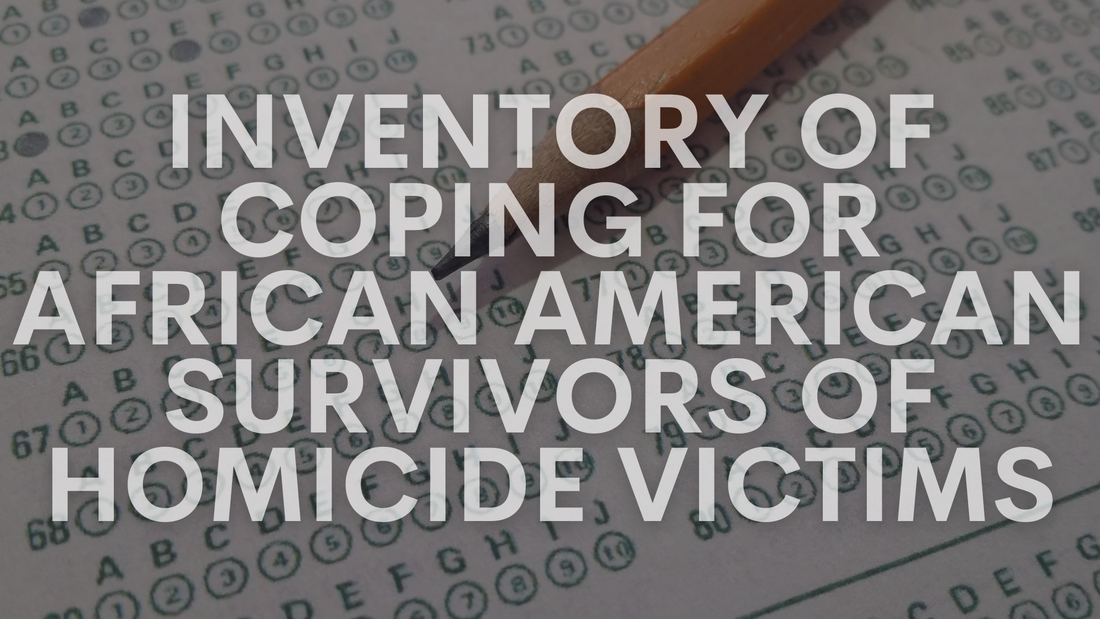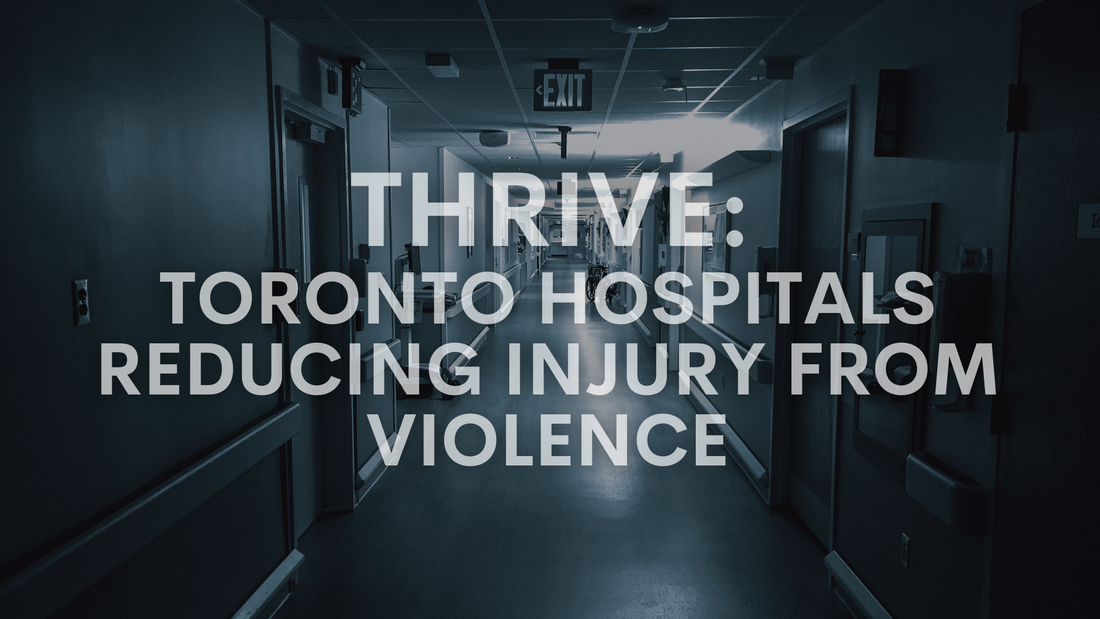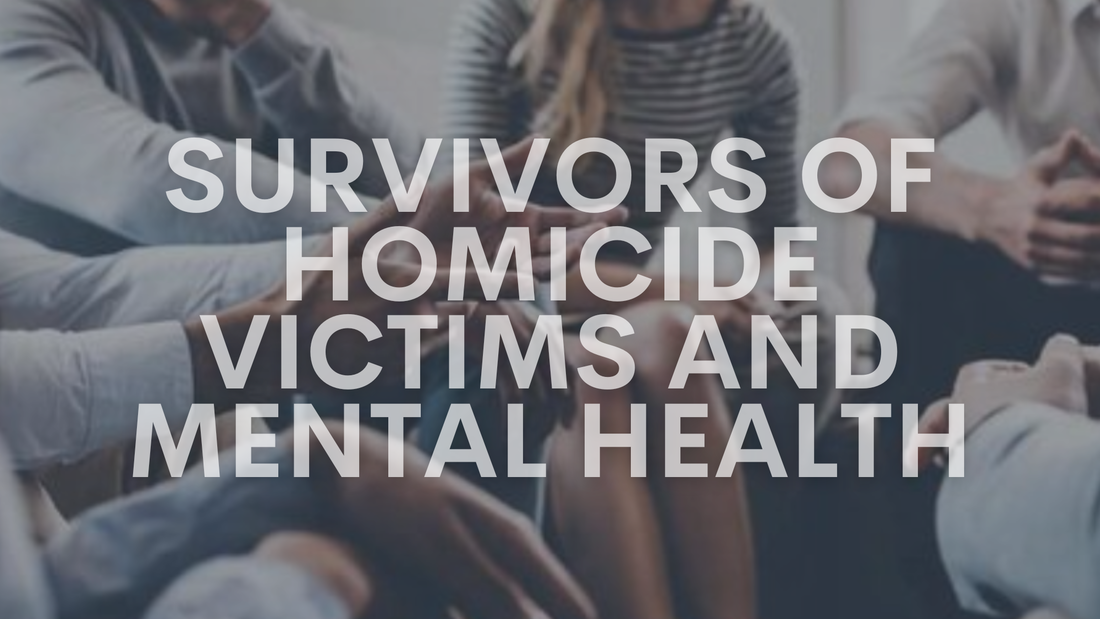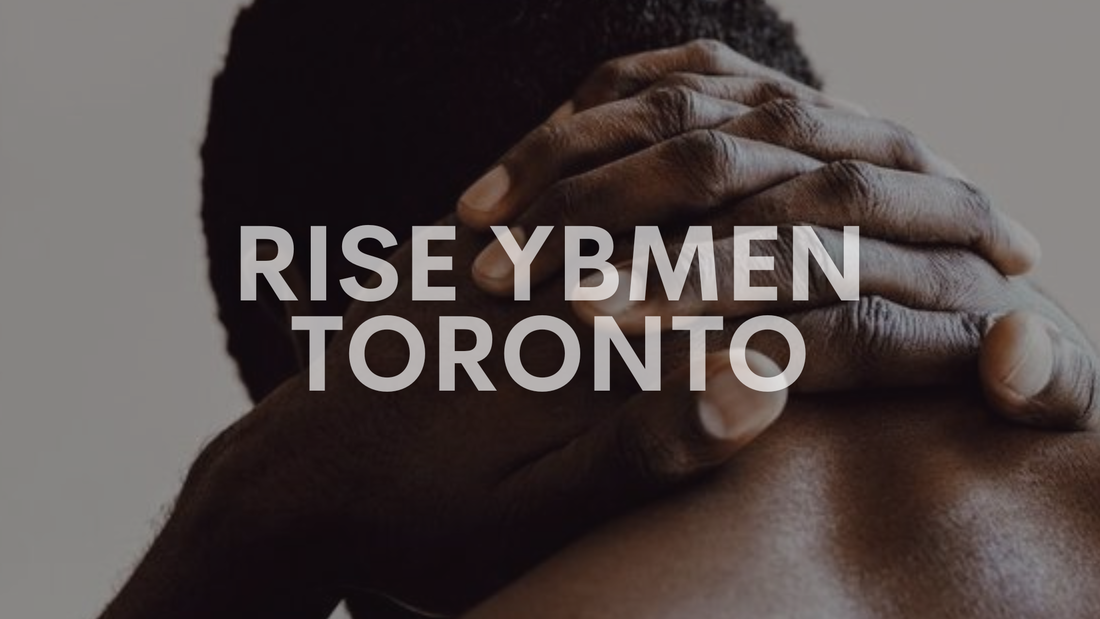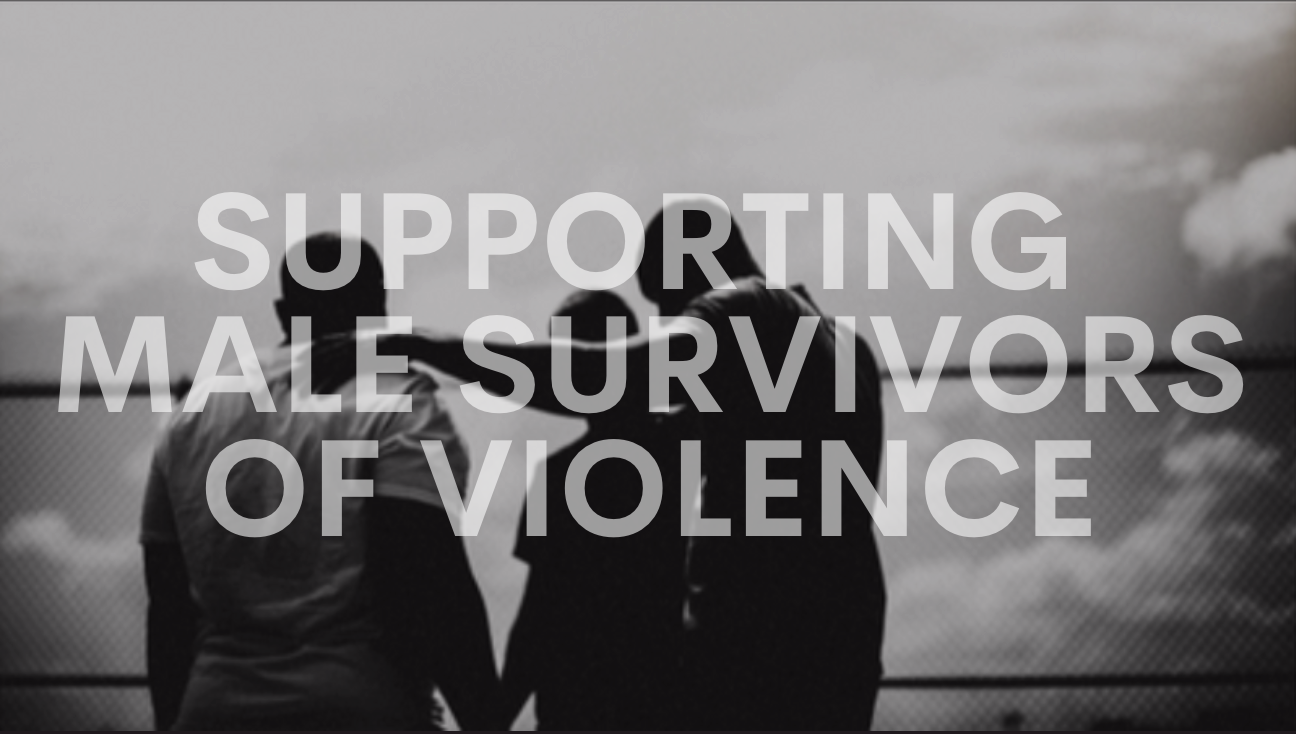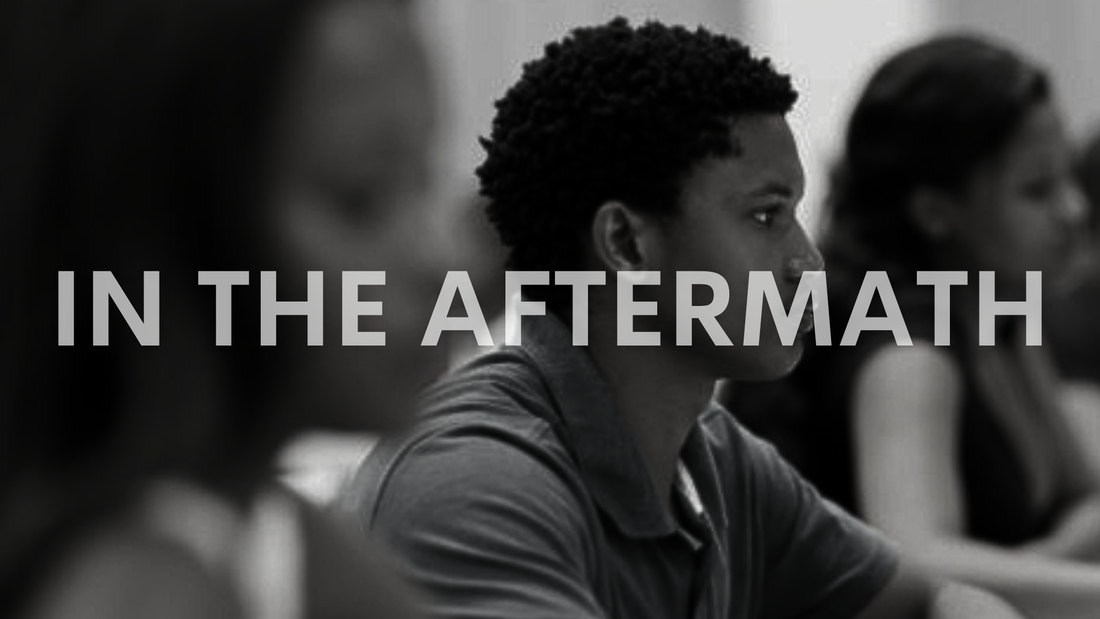Projects
Here at The CRIB, we recognize the importance of collaborating with community based agencies, service organizations,
survivors of homicide victims and interdisciplinary scholars throughout our global community to advance culturally responsive research,
policy and practice.We are currently involved in a number of local and international initiatives relevant to homicide, violence and victimization.
survivors of homicide victims and interdisciplinary scholars throughout our global community to advance culturally responsive research,
policy and practice.We are currently involved in a number of local and international initiatives relevant to homicide, violence and victimization.
|
An Instagram Live series hosted by Dr. Sharpe, that brings community together to hear from interdisciplinary scholars and community service providers about homicide, structural inequalities, trauma and victimization that impact some of our most vulnerable. VIEW EPISODES The need for valid measures that capture the racial and culturally bound manifestation of homicide related grief for African American survivors of homicide victims led to the development of the Inventory of Coping for African American Survivors of Homicide Victims (ICAASHV). Designed to assess the origins and types of coping strategies used by African American survivors of homicide victims, this project examined the validity of the ICAASHV and assessed potential associations between coping with homicide violence, mental, behavioral health and well-being outcomes for African American adults. A detailed analysis of responses from adult participants living in Baltimore, Philadelphia, New York, and Washington, D.C. to review the experiences of individuals' encounters with police as well as understand their perceptions of these experiences. Funded by an Intramural Research Grant from the University of Maryland, Baltimore, School of Social Work This initiative resulted in the development of our Homicide Tracker - an interactive Geographic Information System (GIS) map marking African, Caribbean & Black (ACB) communities most affected by homicide within Toronto, as well as identified resources throughout Toronto designed to assist surviving family members and friends with the management of their grief. The Homicide Tracker is the first of its kind to map and depict the disproportionate effects on ACB communities within the Toronto area, and serves as a critical resource for policy makers, program evaluators, advocates, researchers, funders, service providers, and community members in federal, provincial and local strategic planning initiatives who are focused on reducing homicide and its devastating impacts on ACB communities. Funded through a Social Sciences and Humanities Research Council (SSHRC) Institutional Grant THRIVE is a hospital-based violence intervention program (HVIP) which works with individuals at a critical juncture of reflection after a violent injury to prevent recurrent injury due to violence or homicide (RIVH), by focusing on factors that put them at risk. Led by Unity Health Toronto - St. Michael’s Hospital (UHT-SMH), an academic trauma hospital in downtown Toronto, the THRIVE project is a collaboration between individuals with lived experience, frontline workers, community stakeholders, clinicians, and interdisciplinary researchers focused on violence prevention and survivorship. It is anticipated that the THRIVE model will result in improved patient-reported experience and outcomes, improved capacity to thrive and decreased RIVH. This study will examine the feasibility and safety of our approach and ensure that the outcomes are measurable and validated in preparation for larger scale evaluation studies. Funded by the Canadian Institutes of Health Research (CIHR) Insight Connection Grant |
In partnership with the Canadian Mental Health Association (CMHA) Ontario, The CRIB will engage Indigenous, ACB and Racialized survivors of homicide victims and their service providers across the province to: advance understanding of existing approaches to supporting survivors, determine where supports are needed, provide culturally responsive training to service providers and inform the development of policy related to survivors of homicide victims services. Funded by Ontario’s Ministry of the Solicitor General, Anti-Racism Directorate Supported by Movember’s Scaling What Works in Community and Workplace Mental Health and Suicide Prevention Grant Fund, RISE YBMen Toronto is a partnership between The CRIB and the YBMen Project (School of Social Work, University of Michigan). This project aims to culturally adapt, deliver, and evaluate the YBMen program for African, Caribbean, and Black (ACB) men and boys ages 16 to 30 who reside in the Greater Toronto Area and have experienced the murder of family members or friends. This intervention will be delivered vitually and consists of the provision of supports designed to help young ACB males cope with symptoms of grief and bereavement as a result of experiencing the murder of friends and family members. Funded by Movember’s Scaling What Works In Community and Workplace Mental Health and Suicide Prevention Grant Fund The Supporting Male Survivors of Violence (SMSV) Baltimore project identifies needs and addresses gaps in services to support effective community-based, trauma-focused treatment and support services for young male survivors of colour (YMOC) between the ages of 14-24 and their families who live in the Madison/East End neighborhoods of Baltimore, Maryland. The CRIB serves as the lead evaluator for this project. Funded by the U.S. Department of Justice (DOJ), Office of Justice Programs (OJP), Office for Victims of Crime (OVC) The Tracking (In)Justice project tracks police-involved deaths and deaths in custody across Canada while providing access to data and analysis so individuals, organizations and communities can collectively advocate, shape policy, and create accountability. Tracking (In)Justice is a collaborative project with interdisciplinary partners from the Data Justice and Criminology Lab of the Institute of Criminology and Criminal Justice at Carleton University, the Canadian Civil Liberties Association, the Ethics and Technology Lab at Queen’s University, and The CRIB at the Factor-Inwentash Faculty of Social Work, University of Toronto. To learn more visit TrackingInjustice.ca Funded by the Social Sciences and Humanities Research Council (SSHRC) In collaboration with key community-based organizations, The CRIB will lead focus group discussions and engage African, Caribbean, and Black (ACB) survivors in digital storytelling to understand the impact of murder on the wellbeing, coping strategies and unmet needs of ACB Canadian survivors of homicide victims in Toronto. Funded by a Leong Centre Catalyst Grant Award from the Edwin S.H. Leong Centre for Healthy Children |


